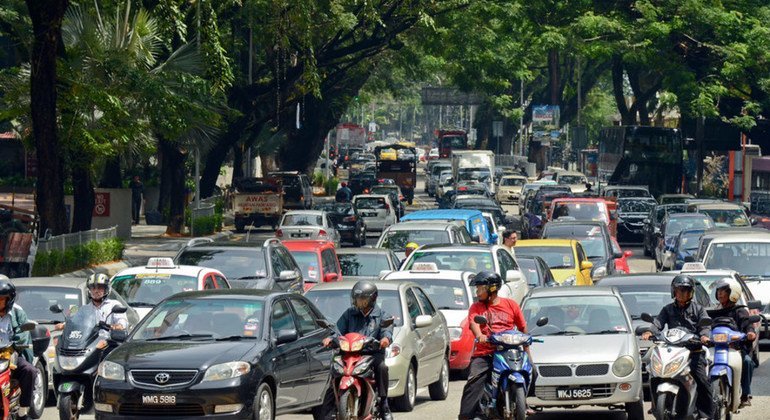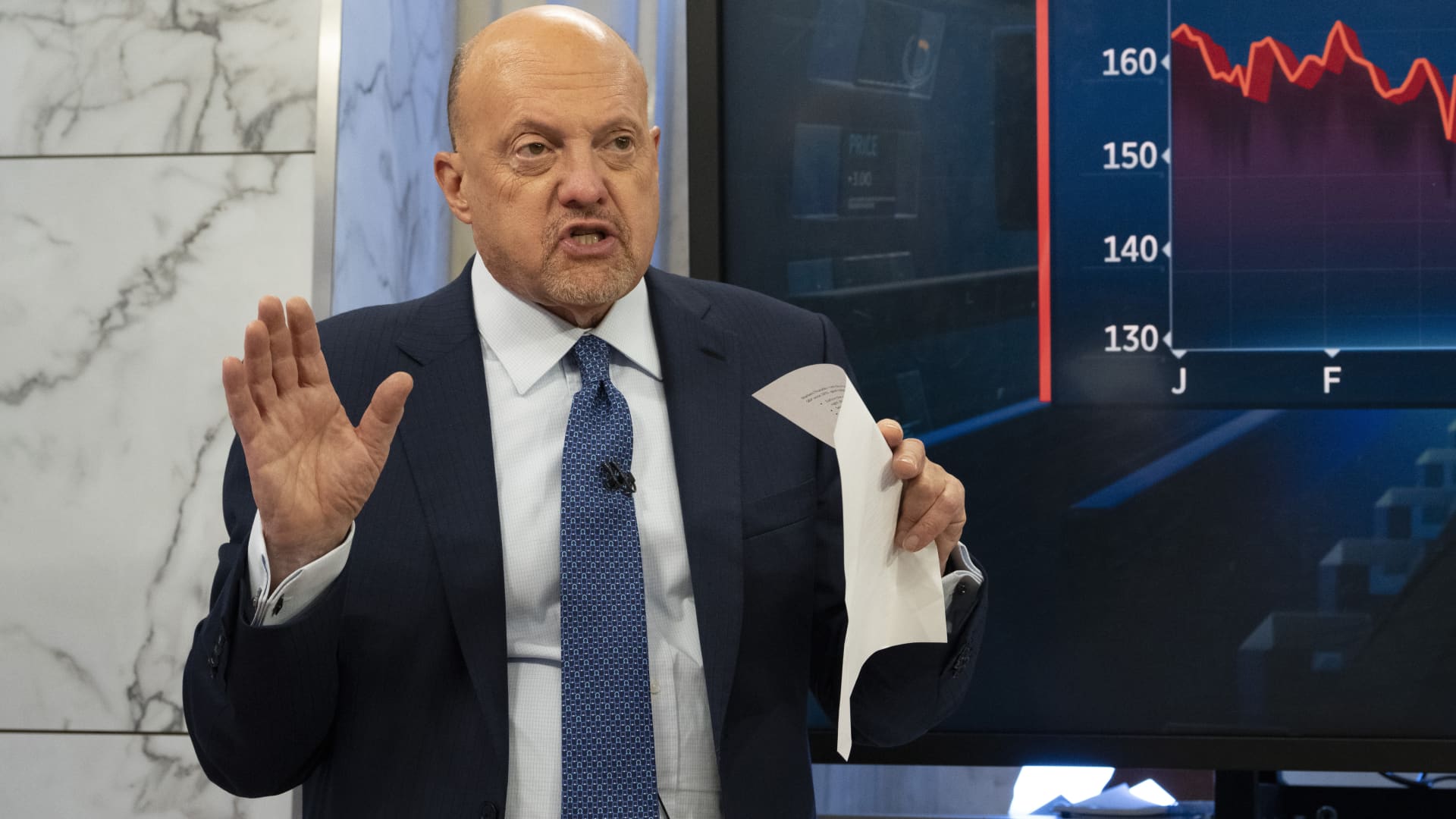The world remains dangerously ill-prepared for the next pandemic, despite the harrowing lessons of COVID-19, Guterres warned.
“COVID-19 was a wake-up call for the world,” he said, reflecting on the devastating human, economic and social cost of the pandemic.
“The crisis may have passed, but a hard lesson remains: the world is unfortunately not prepared for the next pandemic,” he emphasized.
Resilient systems and equitable access
While the recent outbreaks of mpox, cholera, polio and Marburg virus serve as stark reminders of persistent threats, the Secretary-General emphasized the need for stronger and more inclusive health systems.
He underscored the need for bold investments in pandemic monitoring, detection and response, along with Universal Health Coverage, as key pillars of preparedness.
He said equitable access to vaccines, treatments and diagnostics is a moral imperative, underscoring lessons learned during COVID-19, when disparities in access to health care were striking.
A comprehensive approach to prevention
The Secretary-General also underlined the importance of the pandemic preparedness and response agreement, which is under intergovernmental negotiations, to ensure that the world works better, together, to prevent and contain future pandemics.
“Today and every day, let us commit to working together for a safer, healthier world for everyone, everywhere,” he said.
The World Health Organization (WHO) reiterated this message and highlighted its continued collaboration with governments to strengthen emergency and epidemic preparedness systems.
In a statement, the UN health agency underlined the importance of the One Health approach, which integrates the human, animal and environmental health sectors to mitigate epidemic risks.












